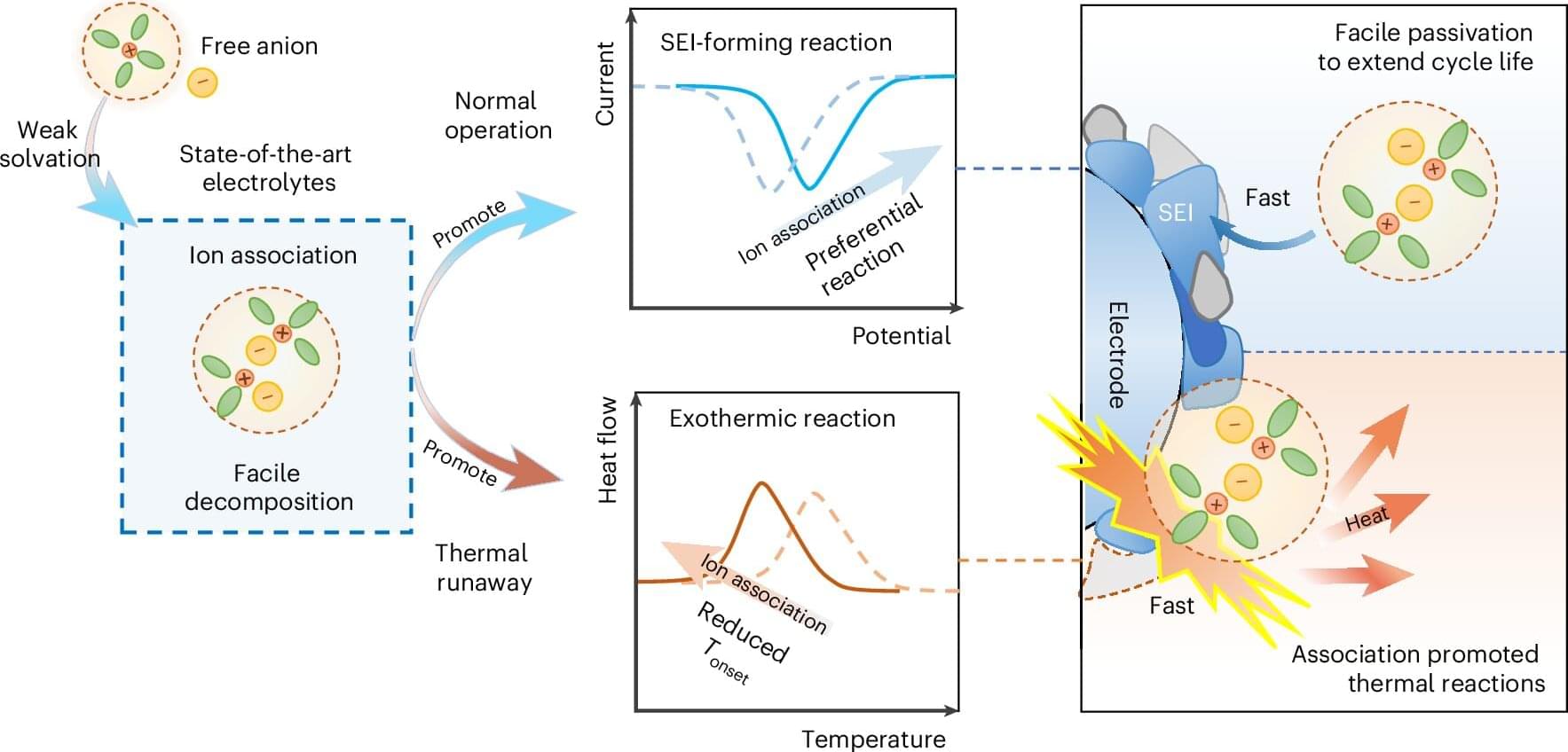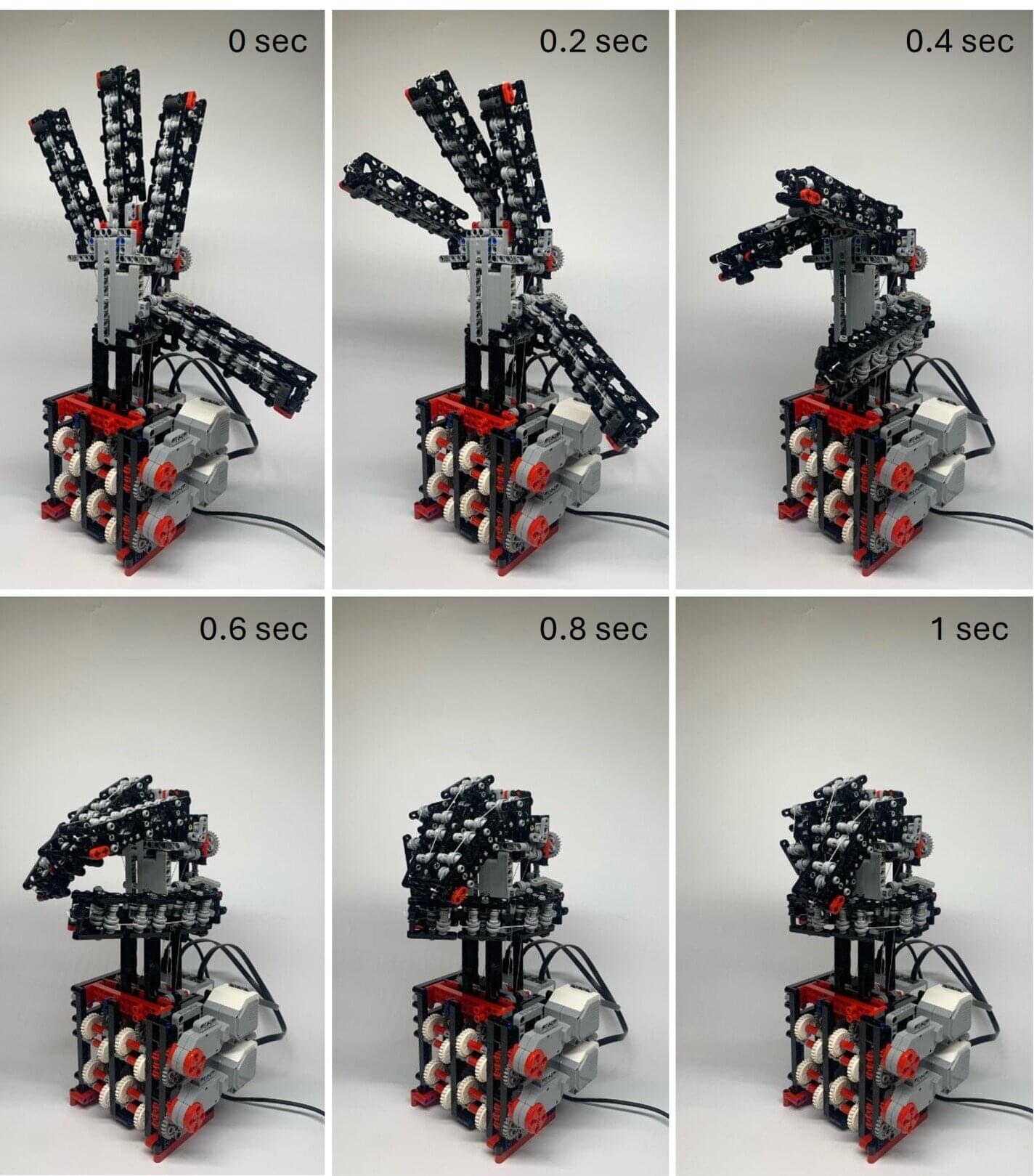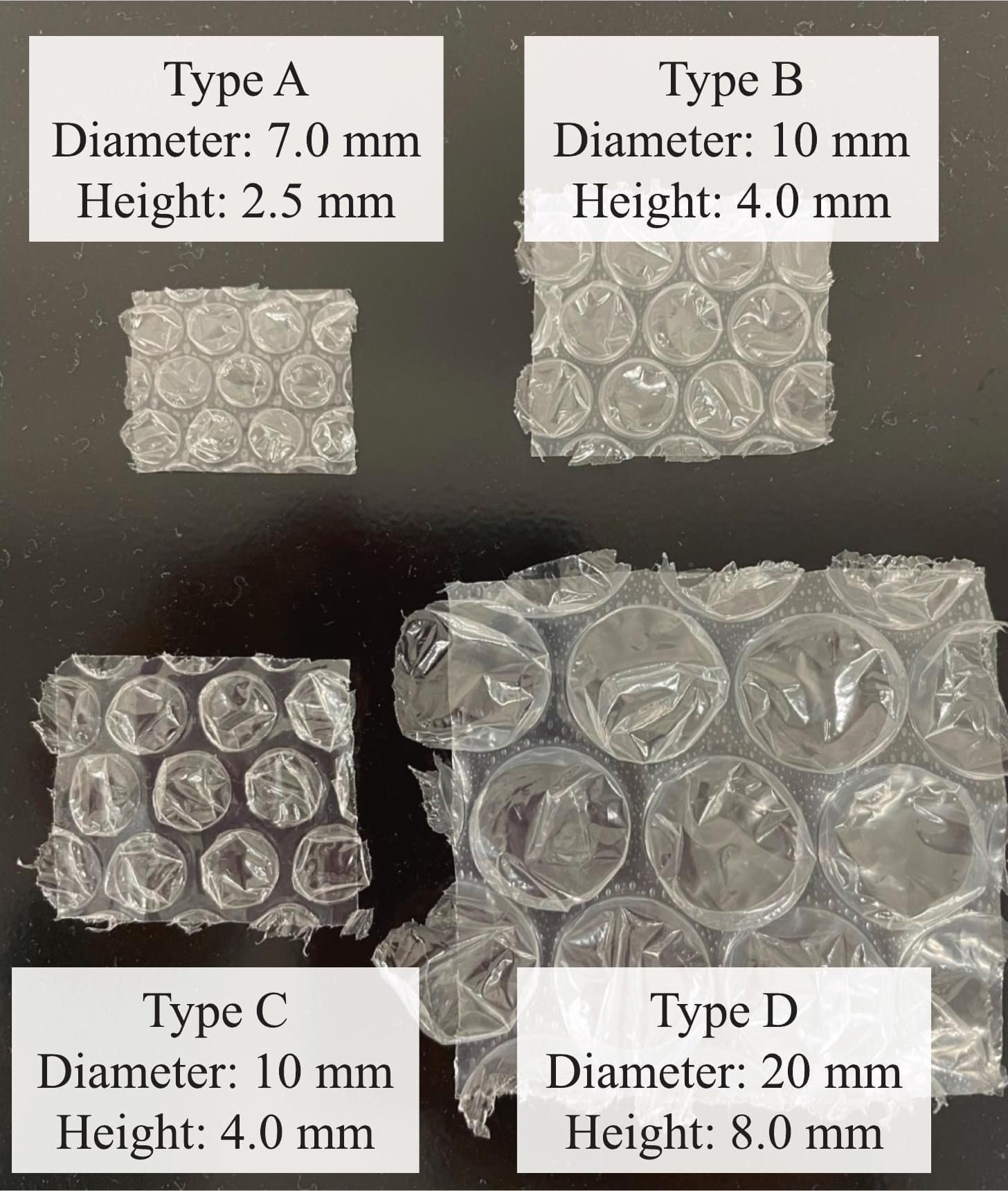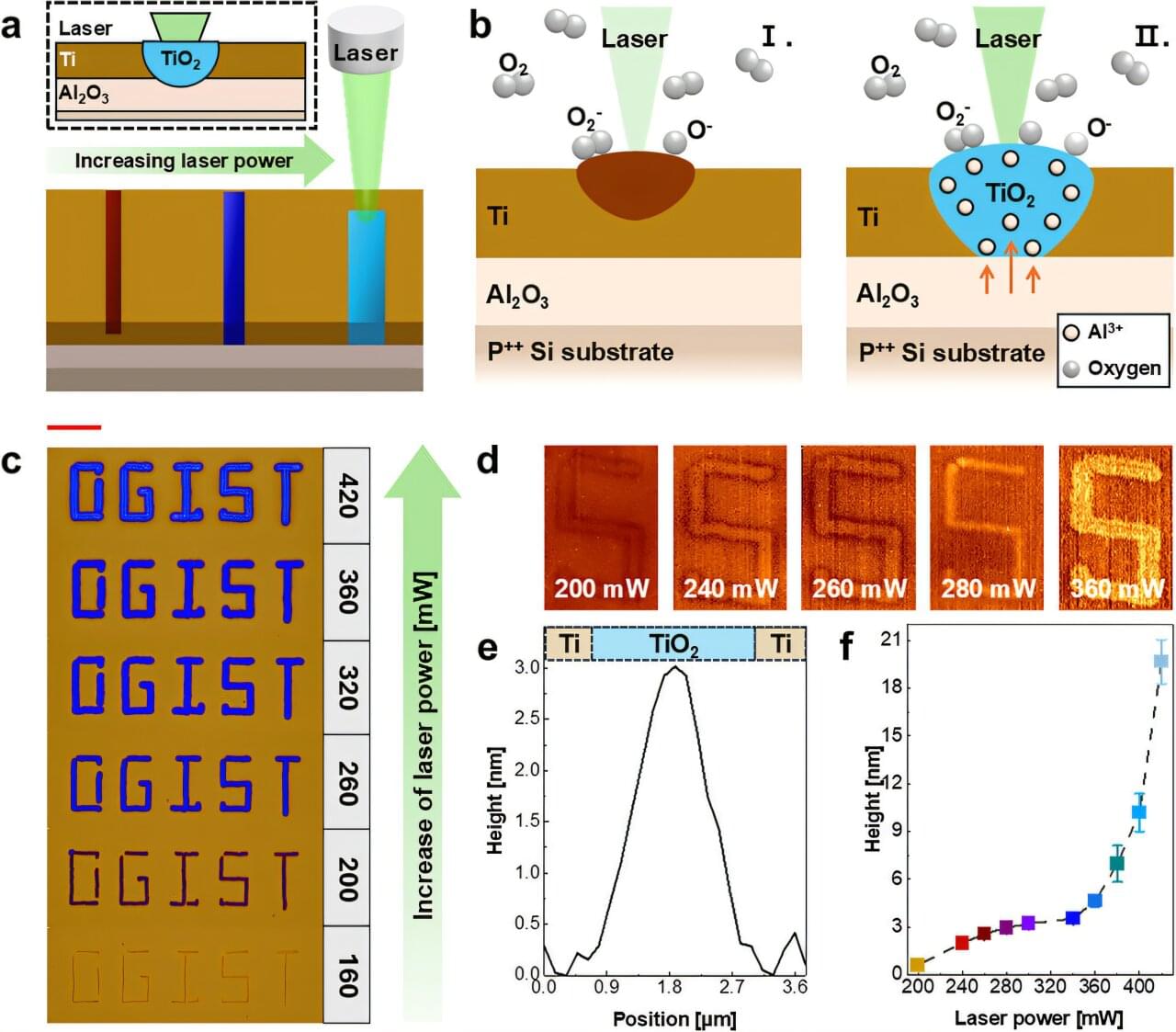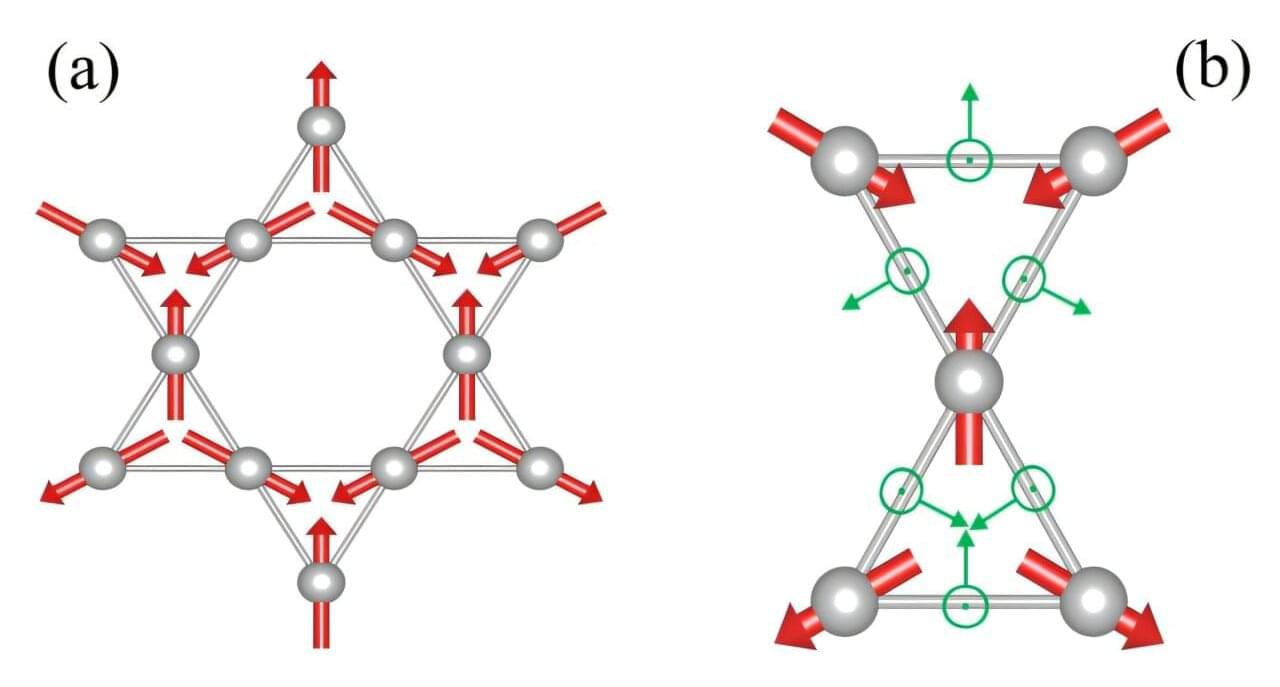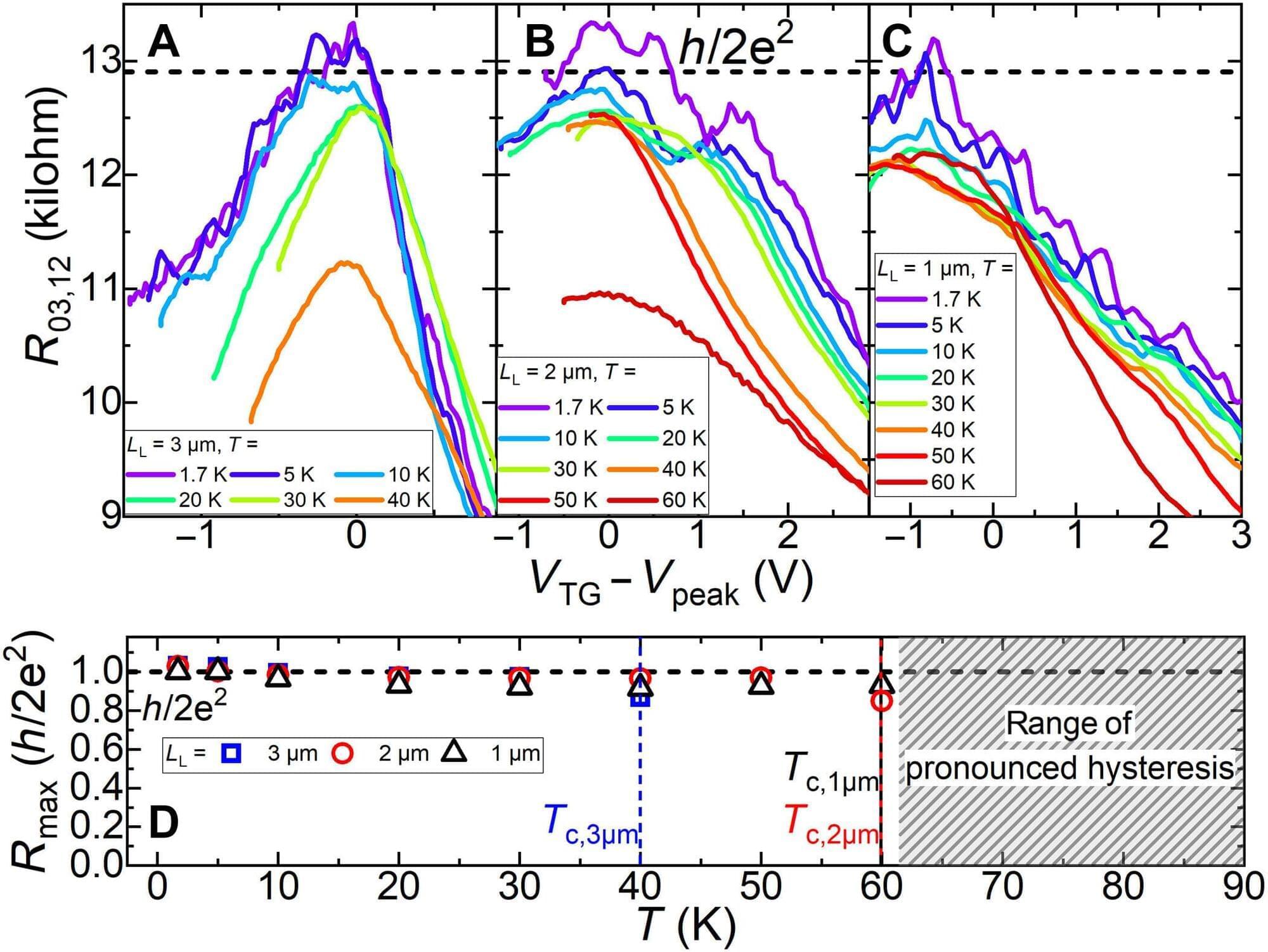Researchers at Forschungszentrum Jülich, together with international collaborators, have demonstrated for the first time that memristors—novel nanoscale switching devices—can provide stable resistance values directly linked to fundamental constants of nature. This paves the way for electrical units such as electrical resistance to be traced back far more simply and directly than it has been possible to date. By contrast, conventional, quantum-based measurement technology is so demanding that it can only be carried out in a few specialized laboratories worldwide.
The paper is published in the journal Nature Nanotechnology.
Since 2019, all base units of the International System of Units (SI)—including the meter, second, and kilogram—have been based on fundamental natural constants. For example, the kilogram, which was once based on the “prototype kilogram,” is now linked to Planck’s constant h. A meter is defined by the speed of light, and a second by the oscillation of the cesium atom.

